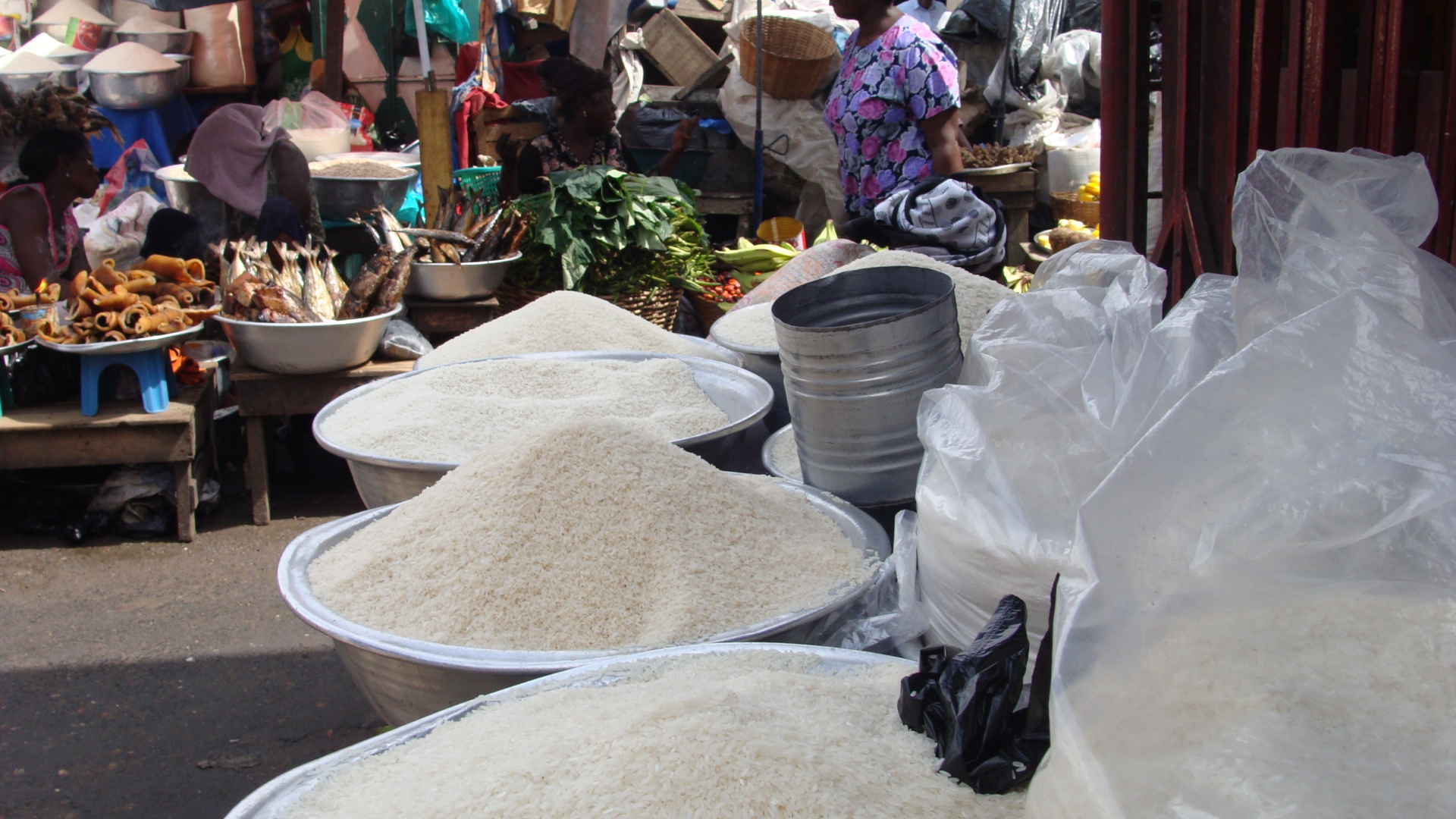

The latest edition of the annual The State of Food and Agriculture (SOFA), entitled Revealing the True Cost of Food to Transform Agrifood Systems, introduces the concept of hidden environmental, health and social costs and benefits of agrifood systems, and proposes an approach – true cost accounting (TCA) – to assess them.
The report was published by the Food and Agriculture Organization of the United Nations (FAO) on 6th November 2023 in advance of the UN Climate Change Conference (UNFCCC COP 28) in Dubai, United Arab Emirates (UAE). The report notes that TCA allows the estimation of the hidden costs generated by market, institutional and policy failures and it provides decision-makers with the evidence needed to correct these failures and transform agrifood systems for the better. The FAO is set to dedicate two consecutive editions of SOFA to the same theme for the first time ever. 2023 report uses True Cost Accounting (TCA) assessments to identify hidden impacts of agrifood systems, while the 2024 report will focus on in-depth targeted assessments to mitigate them.
The report indicates that, transitioning to sustainable agrifood systems also implies progress on SDG 6 (clean water and sanitation), SDG 7 (affordable and clean energy), and SDG 12 (responsible consumption and production), as well as the SDGs on climate action and marine and land biodiversity, among other Goals. Some of the other annual Flagship publications by FAO include: The State of World Fisheries and Aquaculture (SOFIA), The State of the World's Forests (SOFO), The State of Agricultural Commodity Markets (SOCO) and The State of Food Security and Nutrition in the World (SOFI).
Findings from the report indicate that food insecurity, particularly moderate or severe food insecurity, remained largely unchanged globally for the second consecutive year. These levels are, however, significantly higher than Pre-Covid-19 pandemic figures. The report highlights that approximately 29.6% of the global population, corresponding to 2.4 billion people, experienced moderate or severe food insecurity in 2022. Among them, roughly 900 million individuals (11.3% of the global population) faced severe food insecurity. Low-income countries were the hardest hit by hidden costs of agrifood systems, which represent more than a quarter of their GDP, as opposed to less than 12% in middle-income countries and less than 8% in high-income countries. The report projects that by 2030, nearly 600 million people are expected to suffer from chronic undernourishment.
Unhealthy diets, characterized by the consumption of ultra-processed foods, fats, and sugars, lead to substantial hidden costs (more than 70 percent). These costs exceed USD 7 trillion annually, reflecting the economic burden of health-related issues like obesity and non-communicable diseases. Additionally, these diets result in decreased labour productivity, contributing to the overall hidden costs. The majority of hidden costs were generated in upper-middle-income (39%) and high-income countries (36%), with lower-middle-income countries at 22% and low-income countries at 3%. The report estimates that unhealthy diets result in hidden costs equivalent to at least USD 10 trillion annually, which accounts for nearly 10% of the global gross domestic product (GDP). Adopting a true cost accounting method, FAO estimated in this 154-country research the hidden costs generated by market as well as institutional and policy failures. Some 20 percent of the hidden costs are environment-related, which are associated with greenhouse gas and nitrogen emissions, as well as land-use change and water use.
Further findings indicate that the consumption of highly processed foods is on the rise in peri-urban and rural areas worldwide. Factors driving this trend include urbanization, shifts in lifestyles, and changes in employment profiles for both women and men. Longer commuting times also contribute to the increased consumption of processed foods in these areas.
The report challenges the conventional notion that consumption patterns differ significantly between urban and rural areas. Findings indicate that the diffusion of processed foods is extensive and similar across the rural-urban continuum. In both high and low-food-budget countries, processed foods make up a substantial share of overall consumption, with urbanization not being the sole driver.
In conclusion, food provides nutrition and health benefits, creates livelihoods, and holds cultural value that is central to our societies. At the same time, it negatively affects nature and human wellbeing without being shown in the prices we pay. To achieve the impact economy, it is crucial to make these hidden costs visible. The report provides guidance on how to; conduct a true cost accounting study; Measure and value impacts on natural and social capital and Collect and analyse impact data. The report urges governments to use TCA to transform agrifood systems to address the climate crisis, poverty, inequality and food security. It notes that innovations in research and data, as well as investments in data collection and capacity building, will be needed to scale TCA, so that it can inform decision-making in a transparent and consistent way. Lastly, collective action should be taken to transform agrifood systems for the betterment of all and tackle future global challenges.
Related Articles
Select Payment Method
Pay by bank transfer
If you wish to make a donation by direct bank transfer please contact Fr Paul Hamill SJ treasurer@jesuits.africa. Fr Paul will get in touch with you about the best method of transfer for you and share account details with you. Donations can be one-off gifts or of any frequency; for example, you might wish to become a regular monthly donor of small amounts; that sort of reliable income can allow for very welcome forward planning in the development of the Society’s works in Africa and Madagascar.
Often it is easier to send a donation to an office within your own country and Fr Paul can advise on how that might be done. In some countries this kind of giving can also be recognised for tax relief and the necessary receipts will be issued.

